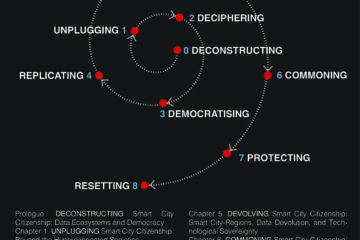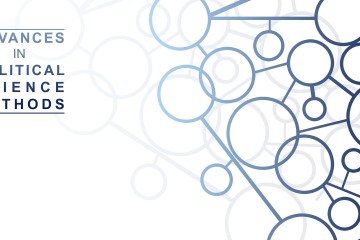
Smart City Citizenship: A Techno-Political Review (of Cities and Nations)
COVID-19 has hit European citizens dramatically, not only creating a general risk-driven environment with a wide array of economic vulnerabilities but also exposing them to pervasive digital risks, such as biosurveillance, misinformation, and e-democracy algorithmic threats. Over the course of the pandemic, a debate has emerged about the appropriate techno-political response when governments use disease surveillance technologies to tackle the spread of COVID-19. Citizens have pointed out the dichotomy between state-Leviathan cybercontrol and civil liberties. Moreover, the giant technological flagship firms of surveillance capitalism, such as Google, Amazon, and Facebook, have already assumed many functions previously associated with the nation-state, from cartography to the disease surveillance of citizens. But particularly, amidst the AI-driven algorithmic disruption and surveillance capitalism, Smart City Citizenship sheds light on the way citizens …

What Big Data can teach political scientists
Big Data is now a buzzword in the political science field. Some might call this hype. Others see unlocking the power of “Big Data” as the most significant transformation in research this century. In the world of research, Big Data seems to be living up to its promise. And the results include a wave of new and inspiring projects. What is Big Data? Big data is not simply research that uses a large set of observations. It might be thought of as re-imagining large-n inquiries, dealing with hundreds of thousands, and, in some cases, even millions of observations. Big Data means giant N. But it is more than a question of quantity. In their well-known Ted Talk, Erez Lieberman …









